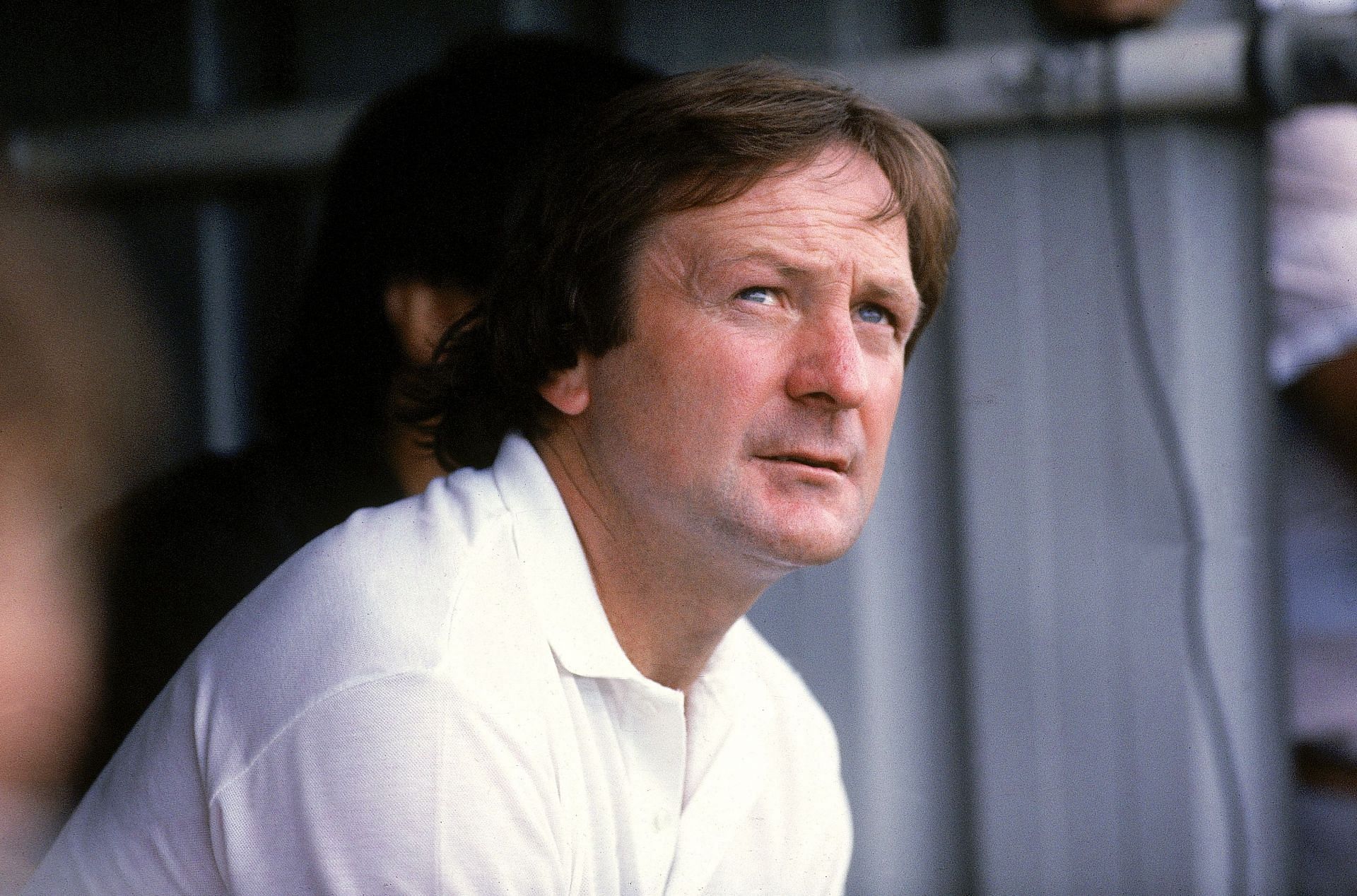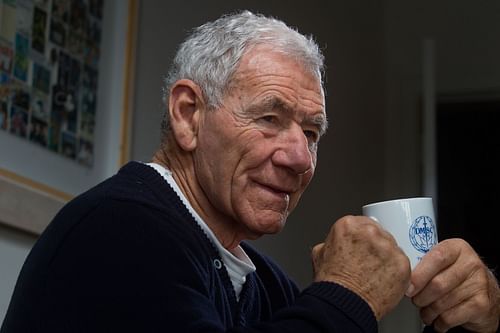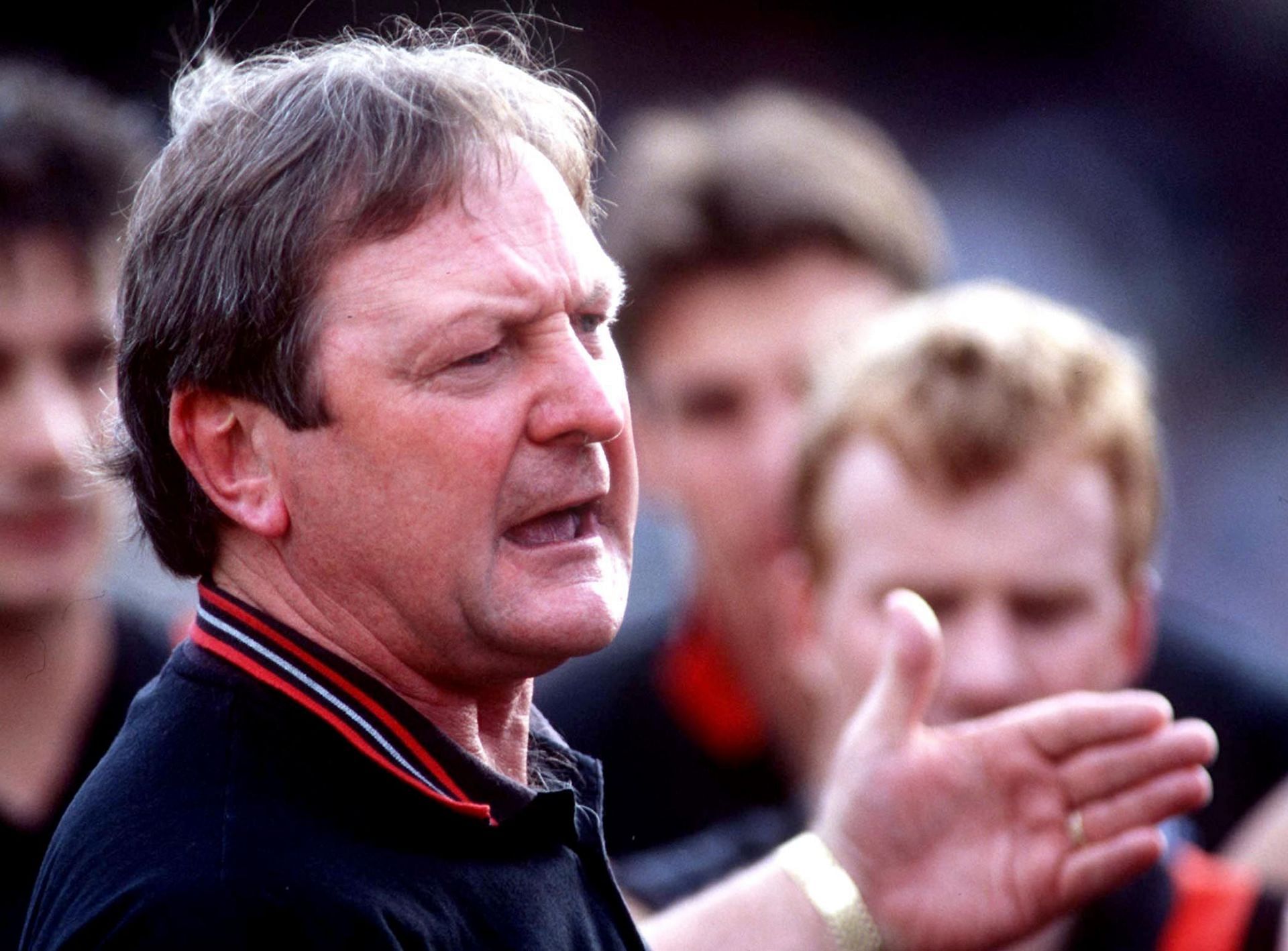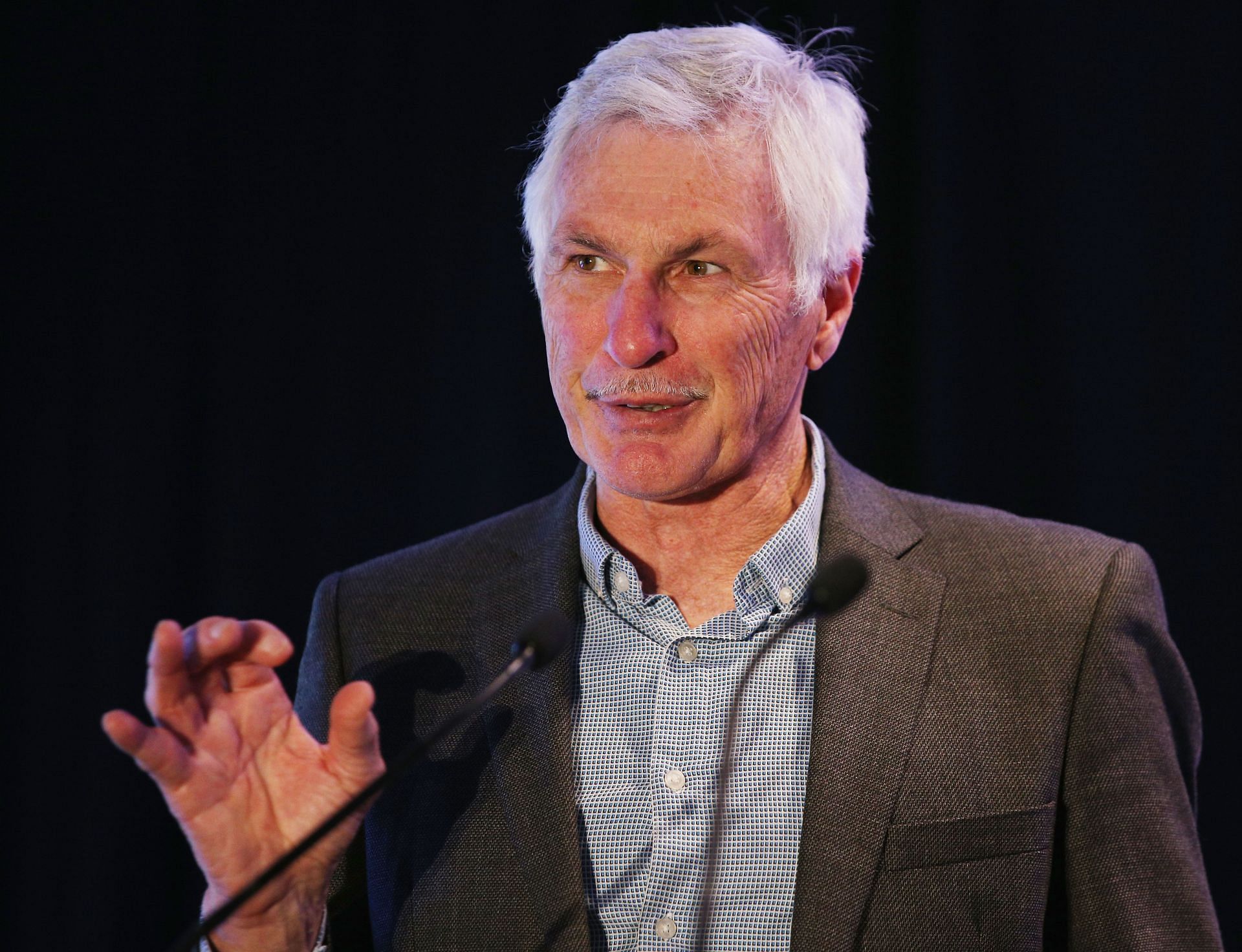
5 coaches with most wins in AFL history ft Kevin Sheedy
Coaches are an important part of the administrative structure of AFL clubs. They determine style of play, culture of the club and kind of players to be obtained and retained.
In this article, we list the coaches with the most wins in the AFL. Their styles and philosophies differ, but that has not stopped them from being winners. Without further ado, let's have a look:
Five coaches with the most AFL wins
#5 Tom Hafey

Tom Hafey joined Richmond in 1953 and scored with his first kick in the VFL. He retired in 1958 after playing 67 games. He took a job as playing coach for Shepparton in the Goulburn Valley area of northern Victoria. He won three straight grand finals with them from 1963 to 1965.
He was appointed Richmond’s coach in 1966. He was known for his emphasis on fitness and his “kick the ball long and quickly into the forward line” style.
Richmond were minor premiers in 1967 and also won the grandfinal that season. They won another premiership in 1969 and went back-to-back in 1973 and 1974. Hafey resigned in 1977 when he found that the club's powerbroker had voted against his reappointment.
Hafey joined Collingwood who broke tradition to hire an outsider. Collingwood ended last before he came, but he made them minor premiers in his season. The team, however, lost in the finals and lost three consecutive grandfinals from 1979 to 1981 before Hafey was sacked mid-season 1982.
He coached Geelong between 1983 and 1985, but they didn't make any final. He coached the Sydney Swans and made the finals in 1986 and 1987 before leaving in 1988. Hafey coached a total of 522 games and won 336.
#4 Allan James
Allan James played 77 games for St Kilda between 1955 and 1959. He became coach for the Saints in 1961 and was there for 16 years. He took them to consecutive grandfinals in 1965 and 1966, winning their only premiership in 1966. He took them to another grandfinal in 1971 but retired in 1976.
James came back in 1981 to coach Hawthorn. The Saints won premierships in 1983, 1986 and 1989 with appearances in seven consecutive grand finals before he eft them in 1990.
He coached Richmond for just one year in 1992 and won only five of the 22 games. Overall, James coached 575 games and won 357.
#3 Kevin Sheedy

Kevin Sheedy began his VFL playing career with Richmond in 1967 and played 251 games, scoring 91 goals. He was part of the 1969, 1973 and 1974 premiership teams.
Sheedy retired in 1979 and became an assistant to Tony Jewell who was senior coach at Richmond in the 1980 season. He got the Essendon job in 1981 and was there for 27 years till the 2007 season. He coached them to four premierships, in 1984, 1985, 1993 and 2000, and they were runners-up in 1983, 1990 and 2001.
He was the inaugural senior coach of the GWS Giants who joined the AFL in 2012. They were wooden-spoon winners for their first two seasons. He retired in 2013.
Sheedy was known for his bizarre tactics and interest in giving abandoned players another chance. He coached a total of 678 games in his career and won 389.
#2 Mick Malthouse

Mick Malthouse started his playing career at St Kilda in 1972 and played 53 games there before moving to Richmond in 1976. He played 121 games for Richmond, including six finals and won the 1980 grandfinal there.
Malthouse dislocated his shoulder in 1982 but didn't recover and retired in 1983. He heard about the Footscray's opening over the radio and was approached by the club's officials in 1984. He was appointed the coach on January 13, 1984.
His basic philosophy was:
“My plans are all orientated on a team game. I'm not looking for individual performances: I'm looking for consistency and at players who can coordinate off and on the field — particularly on the field”
Malthouse didn't finish below 13th at his time with the financially troubled cluband left in 1989. He immediately joined the West Coast Eagles.
In 1991, for the first time in their history West Coast were minor premiers but didn't win the grandfinal that year. They won it the next season, and in 1994, they made the finals throughout his time there.
Malthouse left them after the 1999 season. He joined Collingwood next after they won the wooden spoon. He took them to eight finals in 12 seasons with the Magpies. Collingwood won the premiership in 2010, beating St Kilda.
They made the grandfinal in 2011 again but lost to Geelong by 38 points. He was announced as Carlton coach in September 2012. They finished ninth in the 2013 season, but Essendon's supplements scandal caused them to lose their finals spot.
Carlton lost the semifinals to Sydney and performed poorly during his stint. Malthouse was hugely critical of the administration of Carlton and was sacked in 2015. He later spoke about how Carlton didn't support him and were more concerned with retaining players who no longer had the ability to give their best to compete at the top.
Overall, he coached 718 games, winning 406.
#1 Jock McHale
Jock McHale debuted as a player in the VFL with Collingwood. He set the record for most consecutive games played at the time, with 191 between 1906 and 1917, a record that wasn't beaten until 1943 by Jack Titus.
McHale became captain-coach in 1912 and became a playing coach in 1914 till 1917. He was the first league player to hit the 250-game milestone and won two premierships before becoming a full coach.
McHale coached 714 VFL games overall and won 467, drew 10 and lost 237 this put his win rate to 66.1%. No other coach had as many games in charge until 2015 when Mick Malthouse broke his record.
He modeled his team as a disciplined machine with no one more important than the next. He was praised for his tactical ability and knowledge. His record of four premierships in a row set between 1927 and 1930 remains unbeaten.
McHale retired from his position in 1950 but remained a helpful figure to the club and was part of their journey to the 1953 flag, ending a 17-year drought. The next day, he suffered a heart attack and died, though.
He was inducted into the Australian Football Hall of Fame in 1996 and got Legend status in 2005. The league's premiership’s coach award is named after him.